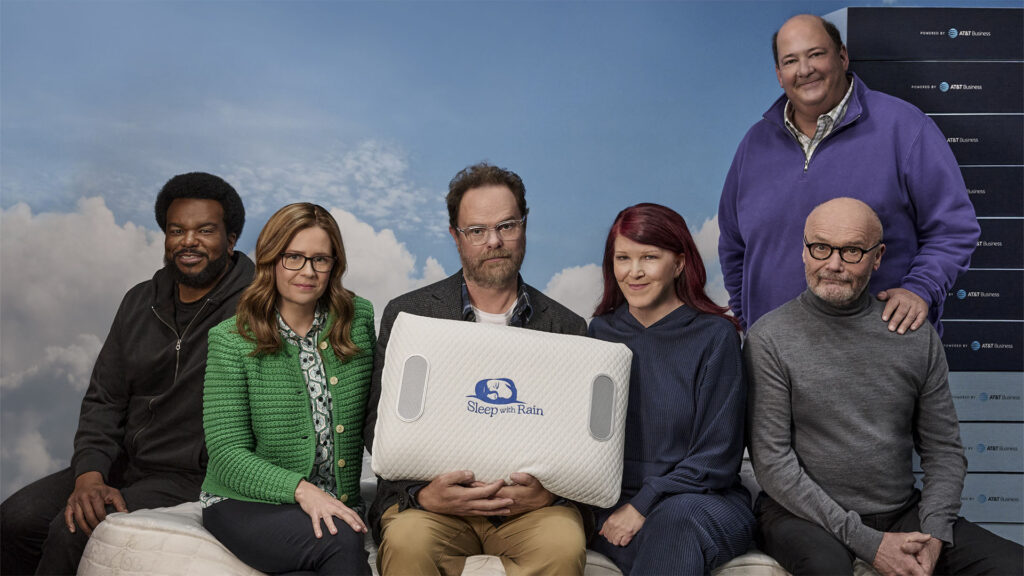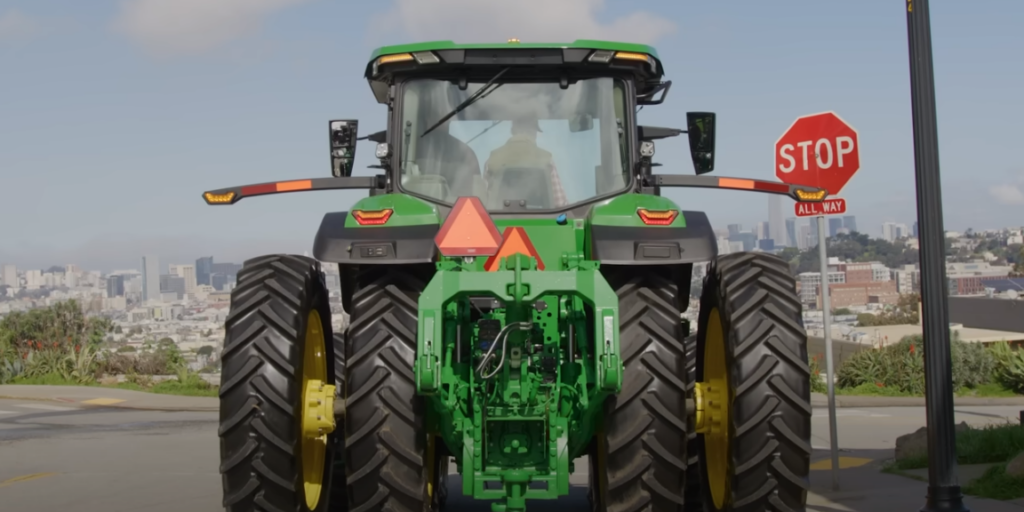Without a doubt, 2020 was a challenging year for everyone. Consumer and business priorities rapidly shifted in response to the pandemic, forcing companies to think fast and pivot quickly.
Still, the consensus of brand marketers during the second day of Brand Innovators’ 2021 Kickoff Summit was that their companies – and the industry – may be better for it.
“It was an acceleration of things that were already happening,” said Fernando Machado, Global CMO at Burger King. “Social media investment has been growing every year. Brands in my space were modernizing the experience to digital. There has been a larger concern for health and wellness and sustainability. We were already working on all of those things, but we’re really doubling down because of this acceleration.”
For Julie Roehm, who joined Party City as Chief Marketing and Experience Officer in December 2019, the year upended her company’s entire business model. With large gatherings and celebrations discouraged, Roehm and other company executives adapted their product offerings to better facilitate virtual celebrations and drive-by car parades.
“The pandemic limited typical parties, but I always say never underestimate the human spirit and sense of creativity that people can have to make their own experiences special,” Roehm said. “We created personalized kits knowing that people would be doing things in their homes, on a smaller scale, to celebrate events.”
As lockdowns created a crisis for bars, restaurants, and other social establishments around the world, AB InBev developed a program encouraging consumers to purchase gift cards from their local establishments for future use. As an incentive, the company would make a matching donation to the establishment.
“We had to think about how we could play a role in revitalizing this industry and essentially offer consumers the chance to buy their friend a beer, where the cash would automatically go to that restaurant or pub,” said Julie Yufe, General Manager and Head of Growth Markets, Europe, for AB-InBev. Another company initiative involved pivoting production lines to create alcohol-based hand sanitizer and disinfectants at a time when they were in short supply. “We leveraged the power of our purpose to figure out how to use our platforms for good.”
Purpose became core to many brands, who wanted to help support their communities of partners and customers. “Doing good isn’t something you learn in marketing school; you have to feel it in your heart,” said Ciara Dilley, Vice President Transform Brands, Innovation & Sustainability for Frito-Lay North America, Pepsico. “The more deeply you explore your purpose and dedicate your brand to it, the easier it becomes.”
Once the pandemic hit, TD Bank applied its purpose of “enrich[ing] the lives of our customers, our colleagues, and our communities not only to marketing, but also to overall product development,” said Tyrrell Schmidt, TD’s U.S. Chief Marketing Officer and Head of Global Brand.
The company began tracking consumer sentiment at the very beginning of the outbreak, which “told us all we needed to know in terms of what customers wanted from us,” Schmidt said. Using that information, the company expanded its digital banking capabilities and introduced new services like curbside debit card pickup (because customers who need new cards generally want them immediately) and virtual queuing to reduce traffic inside the retail banks. “We knew that even once branches reopened, people wouldn’t want to come in and stand in line,” Schmidt said.
With some light at the end of the pandemic tunnel, many of these innovations, from curbside pickup to delivery to digital transactions, will likely remain. Party City’s Roehm expects the car parades to last long after big gatherings and celebrations resume. “Those will stay. People love them,” she said. “They will become additive, not alternative.”
At Unilever, the team is preparing for trends such as an increased focus on hygiene, continued at-home nesting, and increased digital acceleration. “We’ve seen this acceleration of ecommerce and the digital platforms,” said Debora Koyama, Global Growth Operations Officer at Unilever. “Even if people are keen to go back to the stores, they will be expecting different experiences there.”
Burger King has revised its perspective on what “convenience” means to the consumer. “Convenience before was, ‘There’s quick-service restaurants everywhere, and it’s easy to go and get a quick meal,” said Machado. “Now, it’s delivery and curbside pickup. We need to constantly evolve our thinking.”
If nothing else, the pandemic has demonstrated how important agility is in the modern world. For companies with national and global footprints, the pandemic meant adapting to an array of varying – and rapidly changing – restrictions across a variety of markets. Because things were always changing, brand executives admitted they didn’t have time to carefully plan and test their marketing programs. As AB InBev’s Yufe noted, there was no brief for the “Save our Pubs” program. “We were trying to address a need and had confidence in our people to bring it to life,” she said. “We were able to move faster with a greater sense of ownership and agility.”
Collaboration has become core to brands during these uncertain times. “We had to find ways to work much collaboratively and much more agile because we were all reacting to what was happening and unfolding in real time,” agreed Koyama. “I think some of those aspects we want to keep going foard. We want to be faster, more collaborative, and agile, because we are entering new territory.”



